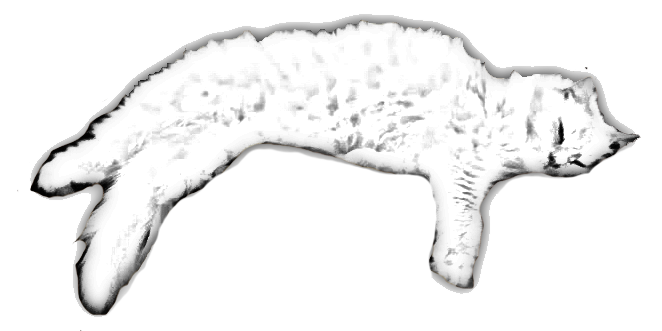As your feline friend enters their golden years, their playful pounce may slow to a dignified saunter, and their diet needs a similar transformation to maintain their health and vitality. You're tasked with navigating the myriad of natural diet options, but not all are created equal.
Three stand out for their balanced nutrition and age-specific benefits: diets rich in high-quality proteins, those that enhance hydration, and foods fortified with antioxidants.
Each has its own merits and intricacies, and as you weigh the pros and cons, remember that your cat's individual health profile is the guiding star.
Stay tuned, because what follows could be the key to enriching your aging companion's life with not just more years, but more life in those years.
Optimal Protein-Rich Diets
As your cat ages, it's crucial to adjust their diet to include high-quality, protein-rich foods like fish, chicken, and eggs to maintain their physical health and vitality. Senior cats require diets that are tailored to support their metabolism and help preserve muscle mass.
Protein is the cornerstone of such diets, providing the essential amino acids necessary for vital physiological functions. Senior cat diets must focus on protein requirements that are both sufficient in quantity and superior in quality. Quality protein sources are pivotal, as they contain high levels of essential amino acids that are easily digestible and help to maintain lean muscle.
Fish, chicken, and eggs are exemplary protein sources that support the nutritional needs of aging felines. It's important to recognize that while a high protein/low carbohydrate diet benefits healthy mature cats, those with kidney disease may need a modified approach. A kidney support diet with adjusted protein content is often recommended to manage the condition effectively.
Nonetheless, adequate protein intake remains essential for all senior cats to support their overall health and well-being. By choosing the right protein source, you're ensuring that your cat's diet is aligned with their evolving nutritional needs.
Specialized Senior Hydration
While ensuring your senior cat's diet is rich in quality proteins to maintain muscle mass, it's equally critical to address their hydration needs, as older cats often experience a decrease in thirst sensation. Proper hydration is paramount for kidney health, especially since senior cats are at an increased risk for chronic kidney disease.
Switching to wet food can be a game-changer in boosting your senior cat's water intake. The best wet cat foods have high moisture content, which can help maintain hydration levels. These products also tend to be more palatable, encouraging your cat to eat more and, in turn, consume more water.
To ensure your cats get enough water, consider placing multiple water bowls around your home. This accessibility can counteract their reduced thirst sensitivity by reminding them to drink more frequently. It's also essential to keep these bowls clean and fill them with fresh water daily to attract your senior cat to drink.
Always consult with your veterinarian for the most appropriate hydration strategies tailored to your senior cat's specific needs. They can provide personalized recommendations that consider your cat's health status and lifestyle, ensuring your furry friend stays hydrated and healthy in their golden years.
Anti-Aging Antioxidant Foods
To combat oxidative stress and inflammation in aging felines, incorporating antioxidant-rich foods like blueberries and spinach into their diet can be essential for maintaining their overall health. These superfoods, packed with essential nutrients, play a critical role in supporting a robust immune system and nutrient balance for your senior cats.
Vitamins E and C, along with beta-carotene, are potent antioxidants that have been shown to shield your furry companions from cellular damage. Including antioxidant foods such as carrots and cranberries in their meals may also help lower the risk of degenerative diseases, which are common in aging felines. These foods not only offer protection but can also enhance the quality of life for your healthy senior.
Conclusion
As your cat ages, prioritizing their nutritional needs is vital. Opt for high-protein diets that sustain muscle mass, and choose wet foods to aid in hydration—essential for kidney function.
Don't overlook antioxidants; they combat age-related oxidative stress. Always consult your vet to tailor the diet to your feline's unique health profile, ensuring they thrive in their golden years.
Remember, the right food can make a significant difference in your aging cat's quality of life.




0 Comments